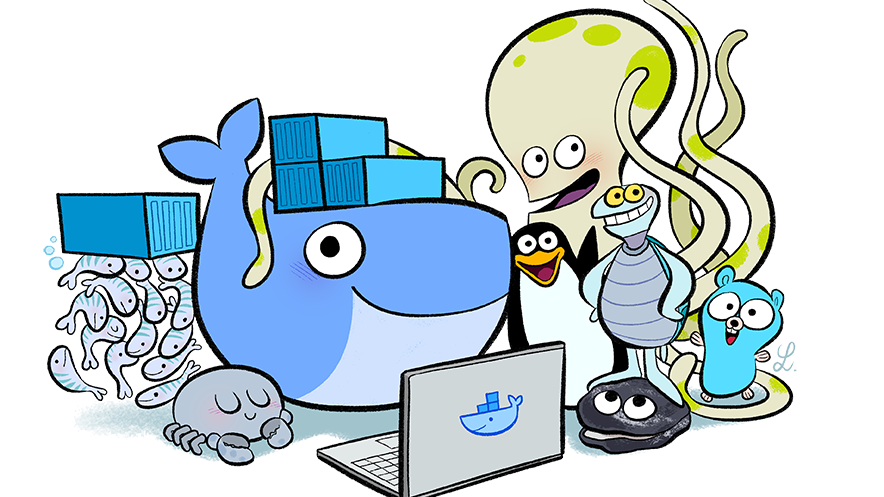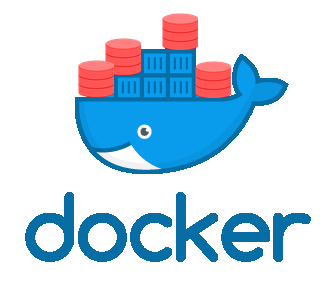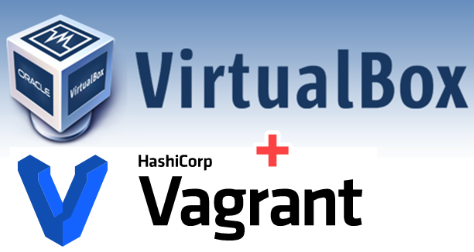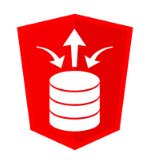
Yesterday evening I went to my first Docker Birmingham meetup, sponsored by Black Cat Technology Solutions.
I was so tired before the event I was really nervous I would fall asleep half way through a presentation and start snoring. 🙂 When I got there I was greeted by an array of pizzas. I wanted to eat them so badly, but then I would definitely sleep, so I resisted. 🙂 I spent a bit of time chatting to one of the hosts Shaun McLernon before the sessions started.
The agenda had a last minute change, as one of the speakers was ill, so the first presentation was a lighthearted one by Alistair Hey called “CV Driven Development – Why it’s ok not to be ‘cool’. ” He spoke about the things that trigger alarm bells when he’s looking at CVs, and used that as a segway into comparing what’s cool, with what just works. A specific case being a comparison between Kubernetes and AWS ECS, where he compared the pros and cons of each. The take home message was use the correct tool for the job, where the “correct tool” choice will be influenced by your requirements, skills and what works for your organisation.
Being short of a speaker, a couple of folks stepped up to talk about their projects in a lightning talk style. First up was Marcus Oaten with a talk about an environment built on Docker for testing new architectures for a Drupal application. Essentially using Docker to model all the services and layers to try new approaches out before having to commit to a specific architectural change.
Next up was Dan Webb speaking about the evolution of the builds used for a PHP environment he was working on. Moving from large-ish multi-purpose containers to smaller single-purpose containers with separation of duties and multi-stage builds.
I think the lightning talks worked really well. They triggered a lot of discussion, with people throwing out ideas.
The meetup was really useful. I like the “this is what we are doing” stuff, as it feels a lot more real, and shows the thought process and progression. I’m not sure about the experience level of the other folks, but I’m a Docker newbie, so this sort of thing is more important to me than hearing all about the super-cool stuff I will probably never use. I like hearing that as well, but this this stuff is more relevant to me at this stage.
I definitely plan to go again. Thanks to the folks at Black Cat Technology Solutions for sponsoring and organising the event, and to the speakers for stepping up to the plate.
Cheers
Tim…






